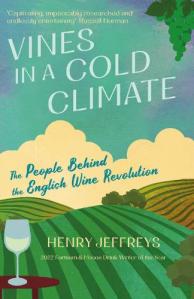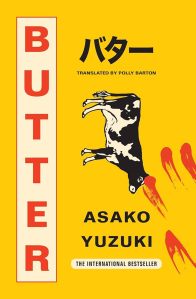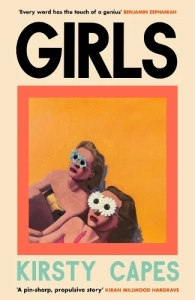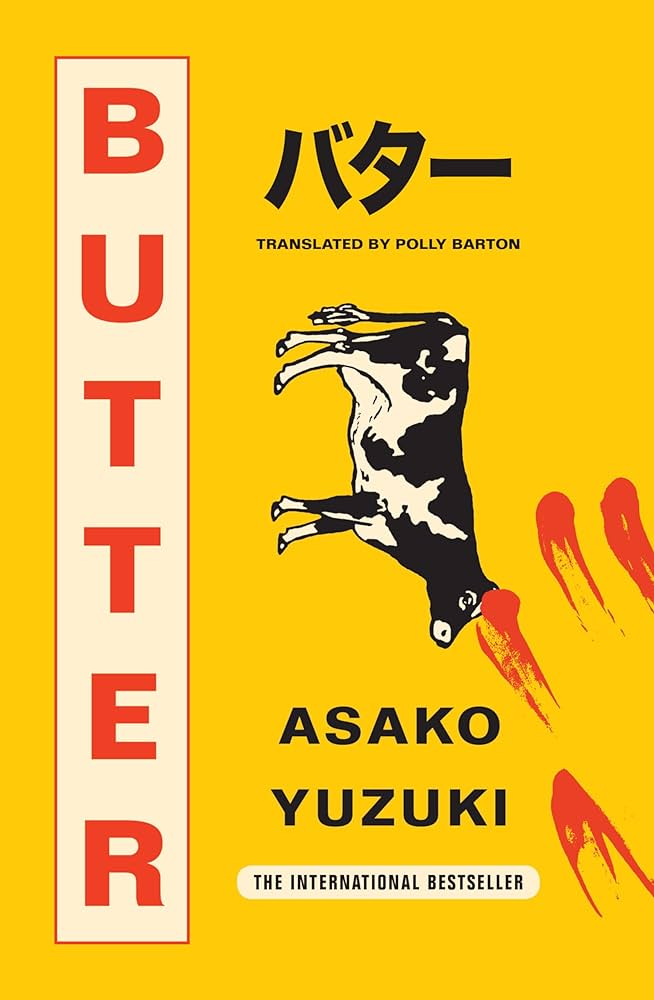June 15, 2024 · 10:08 am
Knife by Salman Rushdie recounts how the world-famous author survived an attempted murder at a literary event in New York in August 2022, over three decades after a fatwa was issued which forced him into hiding for several years. Rushdie manages to create suspense despite the outcome of the shocking attack being well known, and describes his distressing injuries and long recovery in some detail. The passage where Rushdie imagines a conversation with his attacker, who he refers to only as “The A”, is a creative and moving way of addressing such a traumatic event. Above all though, Rushdie is keen to emphasise that ‘Knife’ is also a love story. Many people were unaware that he had quietly married author and poet Rachel Eliza Griffiths less than a year before the attack, and the book is a moving tribute to her support. Rushdie said that writing about the attack was the only way he would be able to move forward, and I hope that this has helped him achieve that. Many thanks to Vintage Books for sending me a review copy via NetGalley.
 Vines in a Cold Climate by Henry Jeffreys is a non-fiction book about the surprising success story of the English wine industry in recent years. English wine has mostly been viewed as a bit of a joke, but the last decade or so has seen the industry boom in both size and reputation. My knowledge of wine tasting is largely derived from this scene in the film Sideways, and Jeffreys helpfully pitches the content of this book at the interested general reader rather than the pretentious expert. There is some background information about some technical aspects of grape growing, while the rest of the book is largely about the people who have invested a great deal of time and money to set up vineyards mostly in south-east England. Later chapters also address the challenges posed by the notoriously unpredictable climate and Brexit. I read ‘Vines in a Cold Climate’ just before I went on a vineyard tour and wine tasting event in Essex. I recommend this book to anyone planning a similar trip for some useful context about the industry, and sampling some wine also reassured me that the people interviewed in this book are not just producing paint stripper.
Vines in a Cold Climate by Henry Jeffreys is a non-fiction book about the surprising success story of the English wine industry in recent years. English wine has mostly been viewed as a bit of a joke, but the last decade or so has seen the industry boom in both size and reputation. My knowledge of wine tasting is largely derived from this scene in the film Sideways, and Jeffreys helpfully pitches the content of this book at the interested general reader rather than the pretentious expert. There is some background information about some technical aspects of grape growing, while the rest of the book is largely about the people who have invested a great deal of time and money to set up vineyards mostly in south-east England. Later chapters also address the challenges posed by the notoriously unpredictable climate and Brexit. I read ‘Vines in a Cold Climate’ just before I went on a vineyard tour and wine tasting event in Essex. I recommend this book to anyone planning a similar trip for some useful context about the industry, and sampling some wine also reassured me that the people interviewed in this book are not just producing paint stripper.
 Translated from the Japanese by Polly Barton, Butter by Asako Yuzuki is a novel based on a real case in which a con woman and talented cook was convicted of poisoning three men. Rika Machida, a journalist in her thirties, visits Manako Kajii in Tokyo Detention Centre to understand how she seduced men with her cooking. Given the concept sounds like it would normally be the subject of a gory thriller, this is much more of a slow burn novel, although still provocative nonetheless in its interrogation of feminist ideas through food, appetite and beauty standards. As well as unpicking the ambiguity surrounding Kajii’s case and family life, the novel explores Rika’s friendship with her conservative friend Reiko, and the politics and misogyny she encounters at her workplace. ‘Butter’ is a striking novel with a cover to match.
Translated from the Japanese by Polly Barton, Butter by Asako Yuzuki is a novel based on a real case in which a con woman and talented cook was convicted of poisoning three men. Rika Machida, a journalist in her thirties, visits Manako Kajii in Tokyo Detention Centre to understand how she seduced men with her cooking. Given the concept sounds like it would normally be the subject of a gory thriller, this is much more of a slow burn novel, although still provocative nonetheless in its interrogation of feminist ideas through food, appetite and beauty standards. As well as unpicking the ambiguity surrounding Kajii’s case and family life, the novel explores Rika’s friendship with her conservative friend Reiko, and the politics and misogyny she encounters at her workplace. ‘Butter’ is a striking novel with a cover to match.
 Girls by Kirsty Capes is about sisters Mattie and Nora whose mother, Ingrid, was a famous artist who mostly neglected them. Mattie became pregnant when she was sixteen, and her daughter, Beanie, is now seventeen, but she has been largely estranged from Nora for several years. When Ingrid dies, Mattie and Nora are forced to address their chaotic upbringing, partly through a road trip to San Francisco to see a retrospective of their mother’s work. I really enjoyed Capes’ debut novel Careless which was longlisted for the Women’s Prize for Fiction a couple of years ago, and ‘Girls’ is just as compassionately written in its depiction of complicated family dynamics. Many thanks to Orion Publishing Group for sending me a review copy via NetGalley.
Girls by Kirsty Capes is about sisters Mattie and Nora whose mother, Ingrid, was a famous artist who mostly neglected them. Mattie became pregnant when she was sixteen, and her daughter, Beanie, is now seventeen, but she has been largely estranged from Nora for several years. When Ingrid dies, Mattie and Nora are forced to address their chaotic upbringing, partly through a road trip to San Francisco to see a retrospective of their mother’s work. I really enjoyed Capes’ debut novel Careless which was longlisted for the Women’s Prize for Fiction a couple of years ago, and ‘Girls’ is just as compassionately written in its depiction of complicated family dynamics. Many thanks to Orion Publishing Group for sending me a review copy via NetGalley.
Filed under Books
